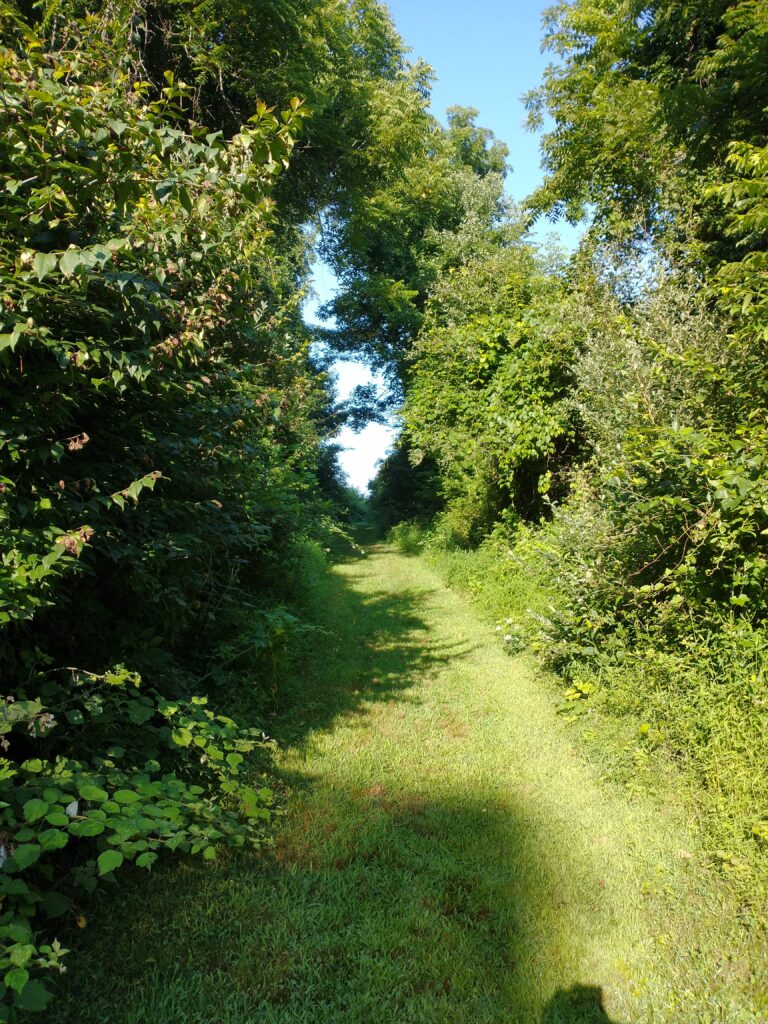There’s a cost to running ultramarathons. I’m not referring to registration fees. Or the trials of actually completing a race. I’m talking about the miles that need to be racked up. The workouts stacked on top of workouts. All of the training that needs to be done just to get you to the starting line.
The cost varies from person to person based on age, athletic ability, and desire to be competitive. It will also be dependent on how much you enjoy running. There’s very little cost to doing something you love. If lacing up a pair of shoes and heading out for an hour of running isn’t something you look forward to, then ultras are probably not your thing. Because there are countless hours of running required to get you to raceday. Your day to day runs should not be a chore you abhor doing.
That’s not to say every run will be a joy. There will need to be at least a couple times during each training cycle that require hard workouts. And the bigger the race for you, the harder the workouts. Last Saturday was the single hardest workout I do all year: 20 miles and 6,000 feet of elevation gain/loss. While those are largish numbers, the worst part of it is that I don’t live near mountains so in order to get that elevation, I need to do hill repeats on a less than a 0.4 mile section of trail near my house. It looks a little like this:

Adding into the degree of difficulty Saturday was the temperature, which started in the mid-70s and ended in the low-90s. With humidity of course. I’m not really complaining though as it was absolutely perfect ES100 training conditions. I couldn’t have planned it better.

The workout was going well until it wasn’t. I decided to dial back the effort a bit so wasn’t bombing the downhills quite as forcibly as I normally do. This lead to a modestly slower overall pace than I had run it last year. I hit mile 16 and my effort level felt like it was starting to spike, while my pace dropped. Add in the fact I was now on my last of 5 bottles (100oz+ total) that was unlikely to last 4 more miles so I decided to pull the plug early on the workout. I ended up getting 18 miles and 5300 feet of elevation gain in about 4 and a half hours. Good enough.

It’s funny. When I started out, I would never (and I mean never) cut a workout short of my planned target. If I left the house to do 20 miles, you had better believe I wouldn’t end until 20.01 was showing on my watch. It’s was partially a guy thing. It was also partially rooted in my wanting to prove to myself that I’m tough enough to do ultras. How can I possibly hope to run 100 miles if I can’t even do a 20 mile run? Over the past couple years, I’ve become more forgiving and now listen to my body more. My watch will spit numbers at me to approximate how hard a workout is, but it’s my body that actually knows how much effort I’m expending. It’s taken me a long time to get to this point, but I’m glad I’ve finally gotten here. I think this is more sustainable for me in the long term.

The other reason to gut out hard workout is to develop mental toughness. Or so the interwebs will tell you. Persevering during training will teach you how to deal with the pain cave when you reach it in ultras. I bought into this as well for quite some time. The only problem for me was that I never reflected on those hard training workouts when I was suffering in a race. I was so consumed with the issues I was experiencing (and cursing why I ever wanted to run these distances), that my training successes never crossed my mind.
I’ve also found that mental toughness is less important to me in ultras than mental flexibility. Being able to adapt my expectations and outlook to match what’s going on in the race has made running ultras a much more enjoyable experience. It’s less about pushing through walls and figuring out the best way to climb over them instead. Running smarter, not harder. Unfortunately, this is one of those simple concepts that’s very difficult to master. I’m infinitely better at this than I was 5 years ago, but still have tons of room for improvement. They say practice makes perfect and I’ll have an ideal opportunity for more practice in a couple weeks.
